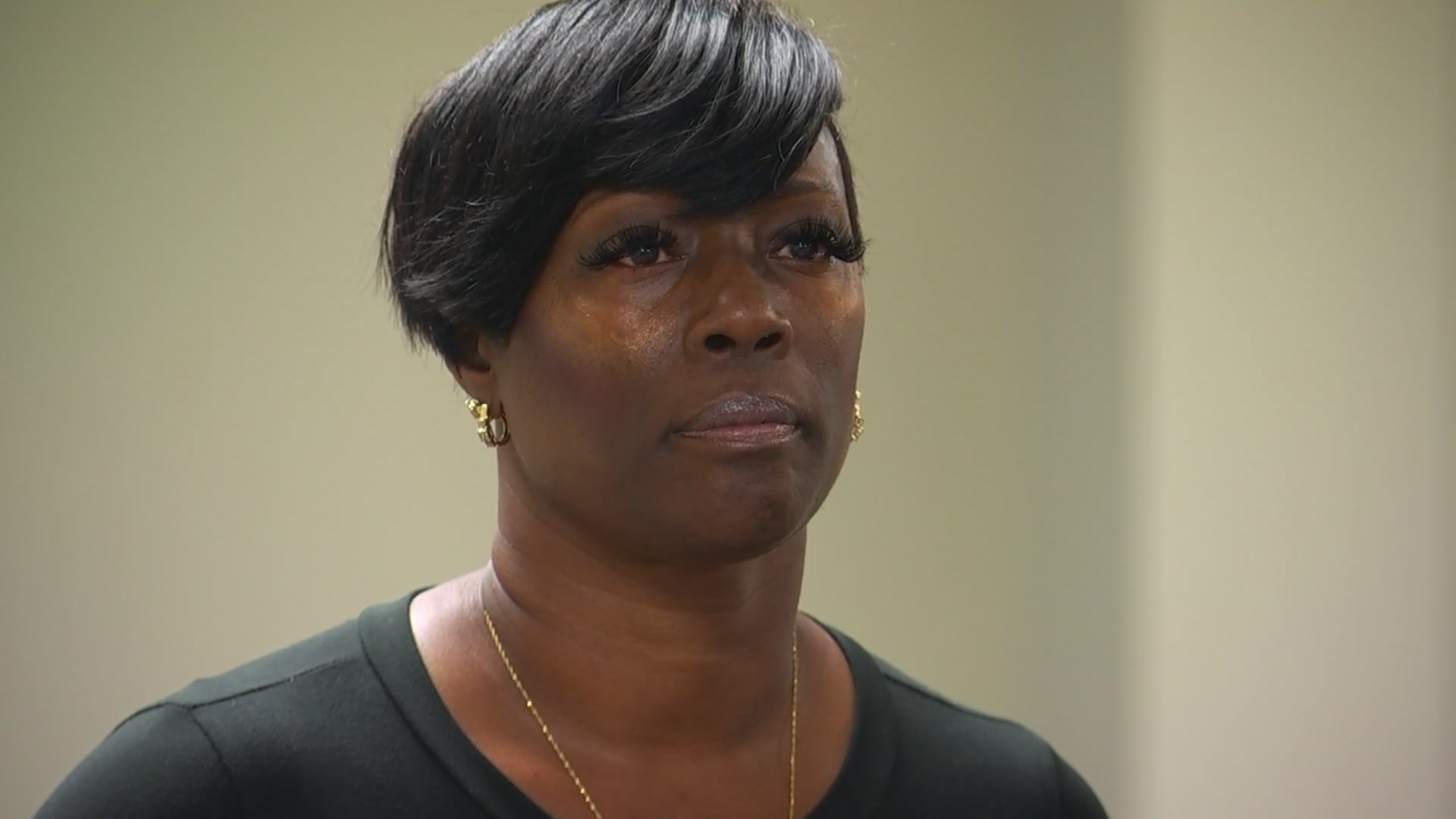Several North Texas school districts are heading back to class over the next two weeks.
That means parents are already having to get their kids out of the habit of sleeping in and into waking up early again.
But there's a warning doctors have for parents when it comes to children getting enough sleep.
“I think a lot of families, unfortunately, wait until it's the last minute like the weekend before school starts to try to start shifting their schedules,” said Dr. Michelle Caraballo, a sleep medicine specialist with Children’s Health and an Assistant Professor at UT Southwestern. "If you try to put your child to bed at 9 p.m. after they've been going to bed at midnight for the last two months, they probably just won't sleep."
Get DFW local news, weather forecasts and entertainment stories to your inbox. Sign up for NBC DFW newsletters.
If you haven't started shifting your child's sleep schedule yet, doctors tell me now is the time.
"If your child's goal bedtime for the school year is 8 p.m. and over the summer they've been going to bed at midnight, we would suggest starting to shift back by about 15 to 30 minutes, every couple of nights. That’s about all your body can easily adjust to,” said Dr. Caraballo. “So tonight, make their bedtime 11:30 and then give them a couple of nights to adjust to that and then make it 11 o'clock and give them a couple of nights to address."
She says it can take several days to even up to a couple of weeks to shift the schedule back. The transition can be especially tough for teenagers.
Local
The latest news from around North Texas.
But there are a number of things parents can do right now to smoothly help kids get back on schedule.
If you have at least a few days or a week to prepare, start waking them up earlier in the morning so they'll be more tired by nighttime.
"As you shift their bedtime earlier and earlier also shift their wake time earlier and earlier. Even if that means getting them up before their bodies are naturally ready,” said Dr. Caraballo.
Avoid naps, if possible, for those 5 years of age and older.
“Because when you nap in the middle of the day, that sort of recharges your battery so to speak, and then you won't be tired at the goal bedtime,” said Dr. Caraballo. “You also have to enforce the no napping after school because if they come home – and most kids don't get home from school till three 3 or 4 o'clock – that's pretty late in the day to be taking a nap. So if they're napping, they're not going to get back in their regular schedule."
And keep electronics and social media scrolling out of the bedroom.
"I think it needs to be earlier in the evening, after school or after work. And then that hour before bedtime, I try to be really fiercely protective of that. It's not a time to be on your electronic devices,” said Dr. Caraballo. "The light, the noise – whatever it is that they're engaging in, as these are all stimulating activities, they really don't help the brain unwind and get relaxed and ready for bed."
So how much sleep does your child need?
Doctors say elementary kids need about 10 to 12 hours of sleep. By age 10 or 11, parents should aim for children getting about 10 hours of sleep.
Teenagers should aim for 7 to 9 hours but this age group often struggles with sleeping very little during the week and trying to “make up for it” on the weekends.
Sleep deprivation will also make it harder for students to learn. Here are some key things doctors say parents need to keep an eye out for in all ages right now:
- Hard for the child to wake up in the morning
- Child is sleeping in the car, bus or class
- Irritability
- Loss of appetite
- Weight loss
- Loss of interest
- Moodiness
- Behavior issues
- Hyperactivity (especially in young children)
If teachers see these issues happen every day at school, it should be reported to parents.
If you need guidance for your child, consult your pediatrician or visit the National Sleep Foundation website for more information.



